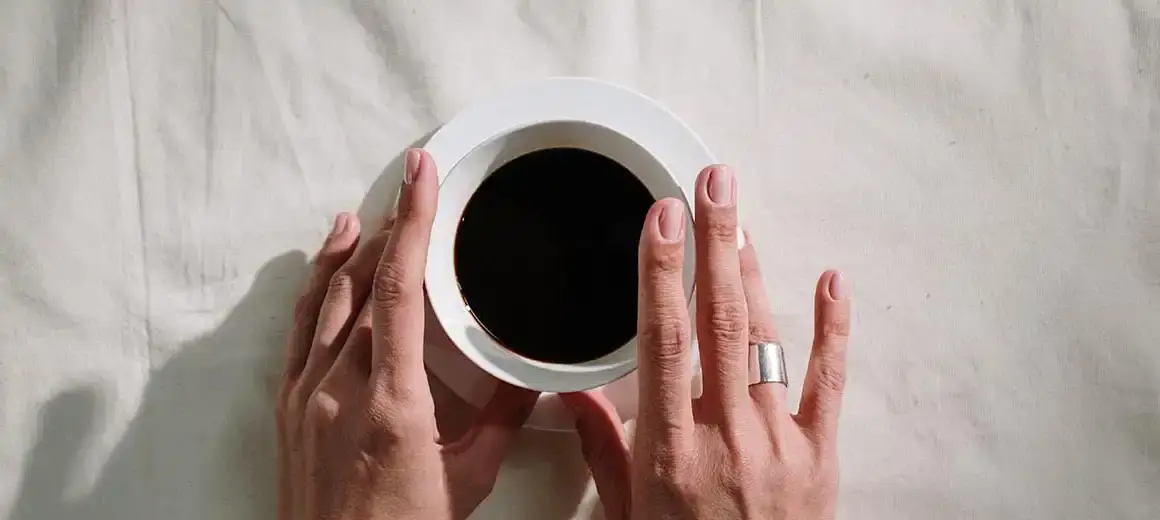Understand How Hormones Affect Your Skin

- January 18, 2022
- by The Ginger-U Team
Pollution, diet, skin care products, and cosmetics are not the only factors that affect women’s skin. Hormones too play a significant role in maintaining the health of your skin. When their balance goes awry, which means when their secretion dips too much or goes into overdrive, your skin shows some unwanted changes. Besides biological causes such as menstruation and menopause, endocrine disorders account for hormonal imbalance in women. Let’s understand how hormones affect your skin.
- Estrogen
Produced by the ovaries, estrogen makes you look youthful. It affects skin thickness and collagen production, improves barrier function, and hydrates your skin. Optimum estrogen levels give you that dewy, glassy, and supple skin. Too little estrogen causes dry skin, itchiness, and sensitivity. By 40, estrogen production decreases and makes your skin thinner and less elastic. It gives way to deeper fine lines, wrinkles, crow’s feet, and skin sagging. Estrogen peaks during the ovulation stage of your menstrual cycle, i.e., 13-14 days before your period starts.
- Progesterone
Another hormone that affects your skin is progesterone. It works by stimulating sebum production and releasing natural oil into the skin, making it plump and smooth. However, a glut of progesterone leads to blocked pores, acne, blackheads, and whiteheads. Progesterone levels rise after ovulation and during the second half of your menstrual cycle. Your period acne is likely due to progesterone and other sex hormones.
- Testosterone
Testosterone is primarily a male hormone that has lower levels in women naturally. Alongside estrogen, it supports the growth, maintenance, and repair of reproductive tissues and bone mass in women. Testosterone activates the sebaceous glands and keeps your skin moisturized naturally. However, excess testosterone leads to increased sebum production. It makes your skin oily, causes hormonal acne, clogs your pores, and can cause a slew of other health issues. In addition, too much testosterone virilizes your face by triggering hirsutism (growth of coarse and dark facial hair). Normally, testosterone peaks alongside estrogen at the time of ovulation.
- Melatonin
The pineal gland in your brain releases melatonin in response to darkness, which helps manage your body’s clock. However, light exposure at night inhibits its release and disturbs your circadian rhythm. An irregular sleep-wake cycle stresses your skin out. For example, lack of adequate or deep sleep is one of the causes of dark circles under the eyes. Besides sleep, melatonin also helps fight oxidative stress, neutralizes free radical damage, and helps turn back the clock. So, now you know why beauty sleep is also about the link between your sleep hormone and skin.
- Cortisol
Hormonal skin changes also include the effects of cortisol release in your body. Cortisol is called the stress hormone as it helps your body cope with everyday stress. However, it does not mean you should continue with habits that add to your stress. These include smoking, drinking alcohol excessively, skipping meals, procrastinating, lacking routine, and overthinking among others. Long-term release of too much cortisol in your body causes inflammation, weight gain, dull skin, loss of collagen and skin elasticity, and makes your skin prone to bruising. Doing activities that help reduce stress is one of the tips for self-care for women.

Comment